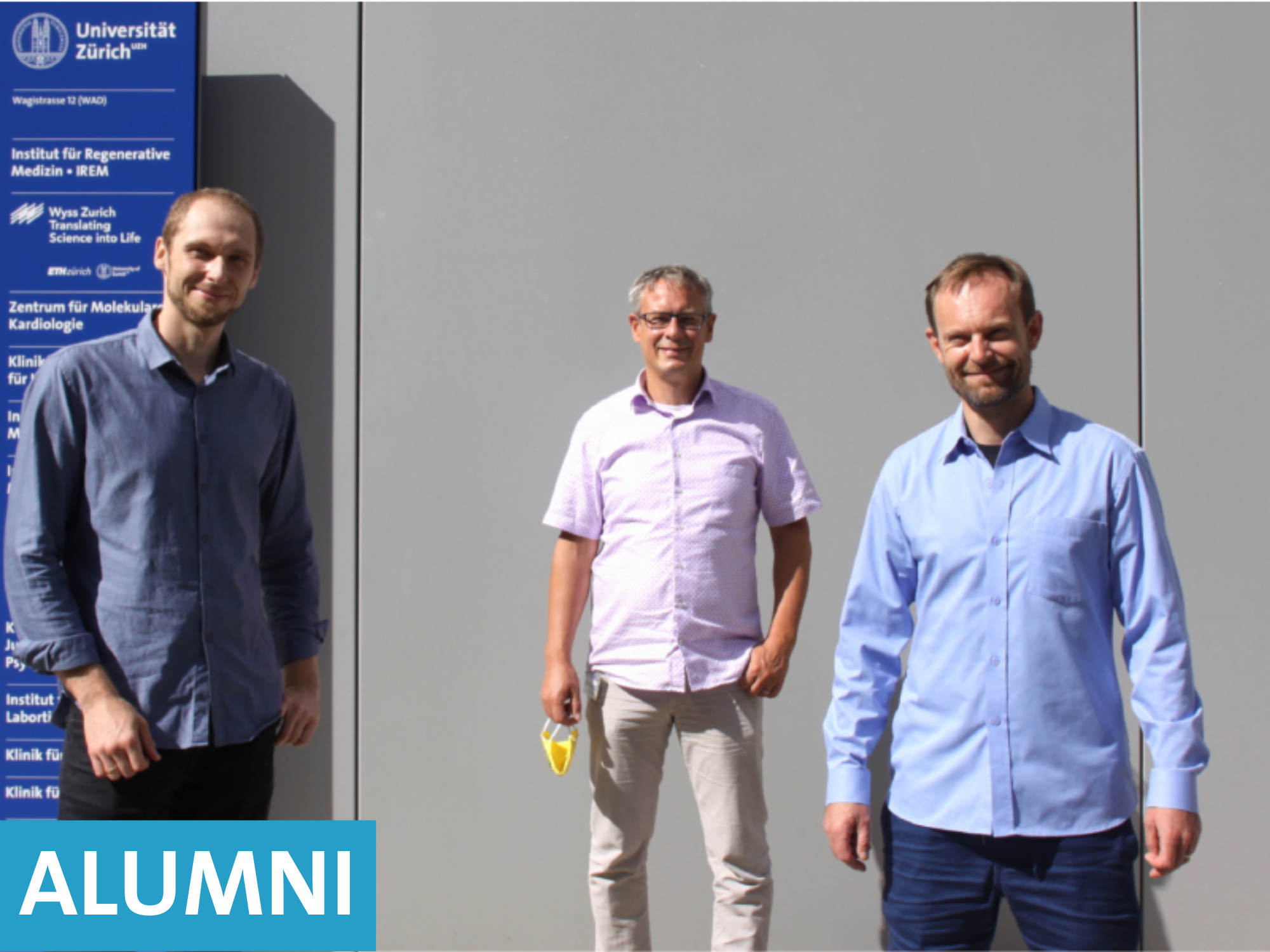Navigation auf uzh.ch
Navigation auf uzh.ch

An increasing number of people are suffering from diseases of the Central Nervous System (CNS), yet curative therapies are scarce. Clinical implementation of novel, biologics-based approaches turned out to be cumbersome. Even with the state-of-the-art technologies, only minute amounts of systemically administered IgG antibodies or IgG-Fc containing biologics pass into the CNS, whereas those that are delivered there directly, e.g. by catheter systems, are quickly exported out to the circulation. The same mechanism as behind the export is also responsible for prolonging the antibody serum half-life. This means that the current generation of biologics has low CNS retention and once exported from the CNS, their concentration can build up to potentially toxic levels. Thus, there is a high risk of systemic adverse reactions with low beneficial on-site effects.
Michal Beffinger and his team have developed a Compartment Locked Biologics technology (CLB) to optimize antibodies and antibody Fc fusion biologics for direct delivery into the CNS. The biomolecules are engineered to abrogate the CNS export and systemic accumulation mechanism. The preclinical results confirm that the engineered biomolecules have an increased CNS stability, whereas the systemic exposure has been reduced. This points towards a truly local CNS therapy with high concentration in the CNS and lowered risk of systemic side effects. The CLB technology can be broadly applied to all IgG and IgG Fc-containing biologics and has the potential to revolutionize the therapy of disorders residing in the CNS and other compartments.
During the fellowship, Michal Beffinger and his team will perform final experiments on applicability of the technology to monoclonal antibodies delivered to brain parenchyma, as well as to cerebrospinal fluid. These proof-of-concept data will be used to establish partnerships with pharmaceutical industry. The final goal will be to draft a phase I/IIa clinical trial protocol for high grade brain tumor therapy with InC01. The implementation of InC01 into the clinics will be done through InCephalo AG, a spin-off of the University of Zurich.
Affiliation: Prof. Thorsten Buch
Michael Beffinger co-founded the UZH Spin-off InCephalo AG in 2021